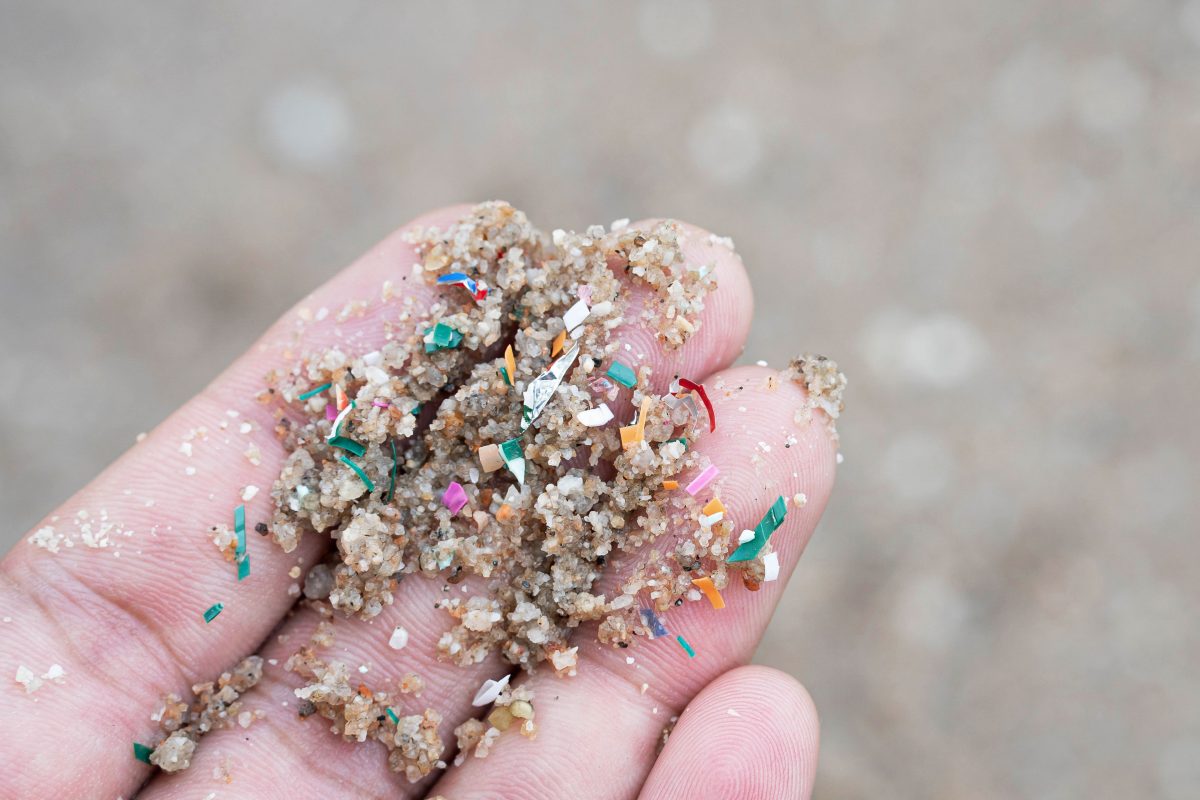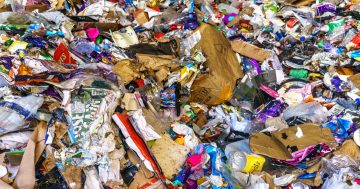
UOW researchers have found that plastic recycling processes designed to minimise plastic waste have the potential to cause significant environmental harm if not improved. Photo: deeangelo60141735.
Experts have uncovered a disturbing catch-22 in the war against plastic pollution that raises serious questions about the limitations of current plastic recycling practices.
University of Wollongong (UOW) environmental engineers have discovered the current process of recycling plastic is creating and releasing microplastics into the environment.
Microplastics are small particles of plastic often generated when widespread plastic litter is exposed to the elements and breaks up but never breaks down. This scourge of the planet has begun to bioaccumulate up the food chain, having been found inside plants, animals, and consequently, our bodies.
But in researching the generation of microplastics from various sources globally, Professor Faisal Hai, head of UOW’s School of Civil, Mining, Environmental and Architectural Engineering and director of the university’s Strategic Water Infrastructure Lab, and UOW PhD candidate Michael Staplevan did not expect to discover that a process developed to reduce plastic waste can generate a concerning amount of microplastic pollution.
In a commentary titled Recycling process produces microplastics, published in Science in March, the researchers focused on plastic degradation in the process of recycling, examining issues with current mechanical recycling of plastic, particularly through the shredding process.
In most cases researchers know where the problem exists and how microplastic is making its way into the environment.
“One is if plastic is littered into the environment, it can progressively degrade into microplastics. Another is through many industries, including laundry, textiles, cosmetics, and pharmaceuticals, that have been linked to the release of microplastics into the environment,” Professor Hai says.
“However, one source has been overlooked: the plastic recycling industry.
“Plastic recycling is important for our transition to the circular economy, and we want to promote the industry, but it is kind of counterproductive when the industry that we have built to reduce the plastic pollution problem is in fact creating a problem.”
The researchers’ studies revealed that plastic type and environmental exposure affect the volume of microplastics generated in the recycling process.
While it’s “not uncommon” for recycling facilities to store plastics in exterior compounds prior to processing, this can almost double the microplastic generation during recycling. This has long-standing implications.
“The commercial process for plastic recycling may have been emitting microplastics since its first use nearly half a century ago,” Prof Hai says.
Professor Hai leads the UOW team whose work underpins protection of land and water resources from contamination and fostering sustainable harnessing of bio-resource and energy.
While the researchers say they are strong advocates of recycling, they are calling on more industry regulation to control and monitor the amount of microplastics produced and released into the environment.
“Plastic recycling is integral to the transition from a linear to circular economy. However, the current process is not foolproof, and we need to improve it,” Professor Hai says.
“The most effective microplastics mitigation strategy is to pinpoint their sources and prevent their release … measures need to be put in place to prevent microplastic release into the environment.”
Original Article published by Dione David on Region Illawarra.











